The best nonfiction of 2019
From Sarah M. Broom to Chanel Miller, here's a roundup of the year's best nonfiction books
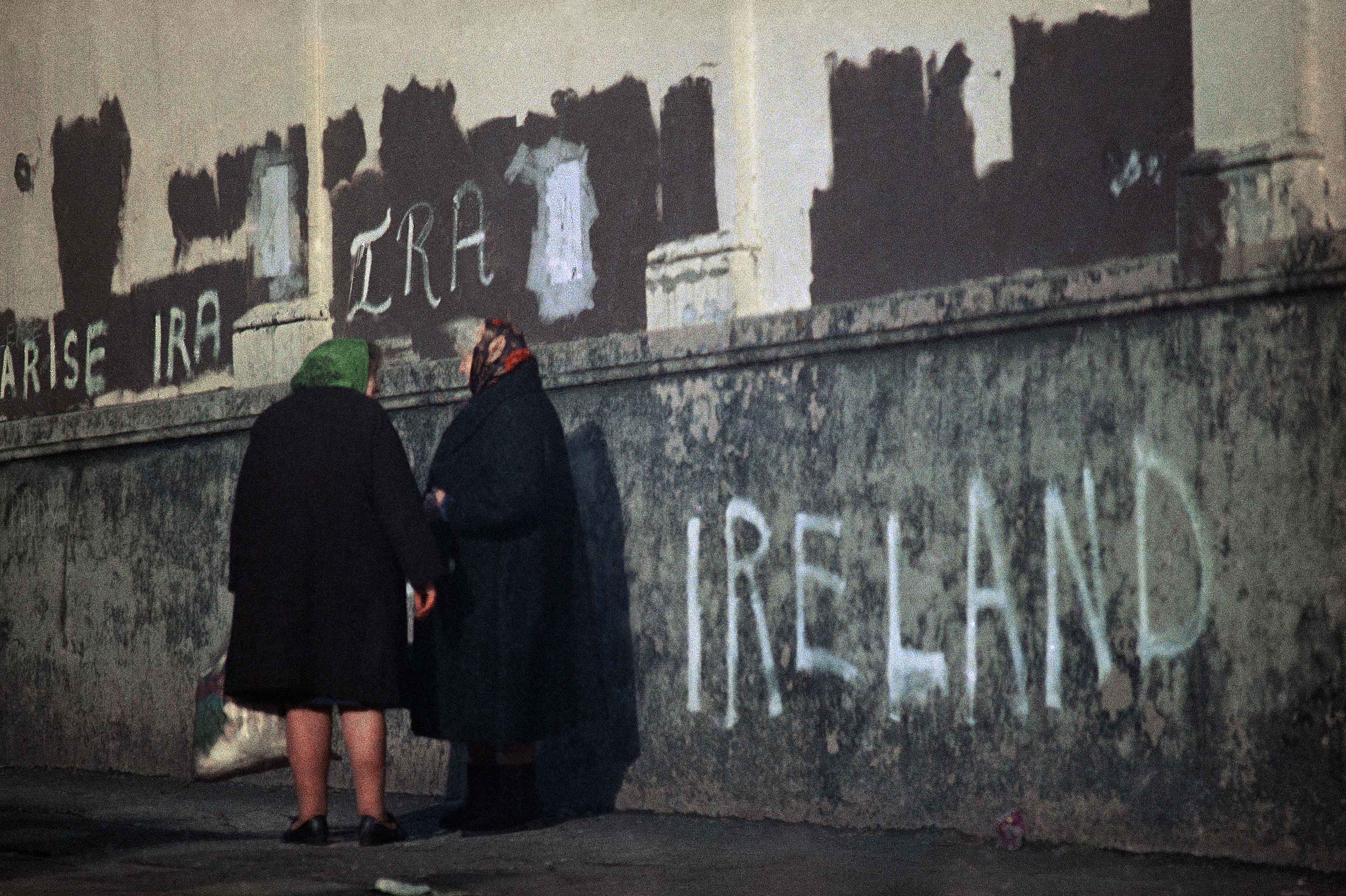
A free daily email with the biggest news stories of the day – and the best features from TheWeek.com
You are now subscribed
Your newsletter sign-up was successful
1. Say Nothing by Patrick Radden Keefe (Doubleday, $29)
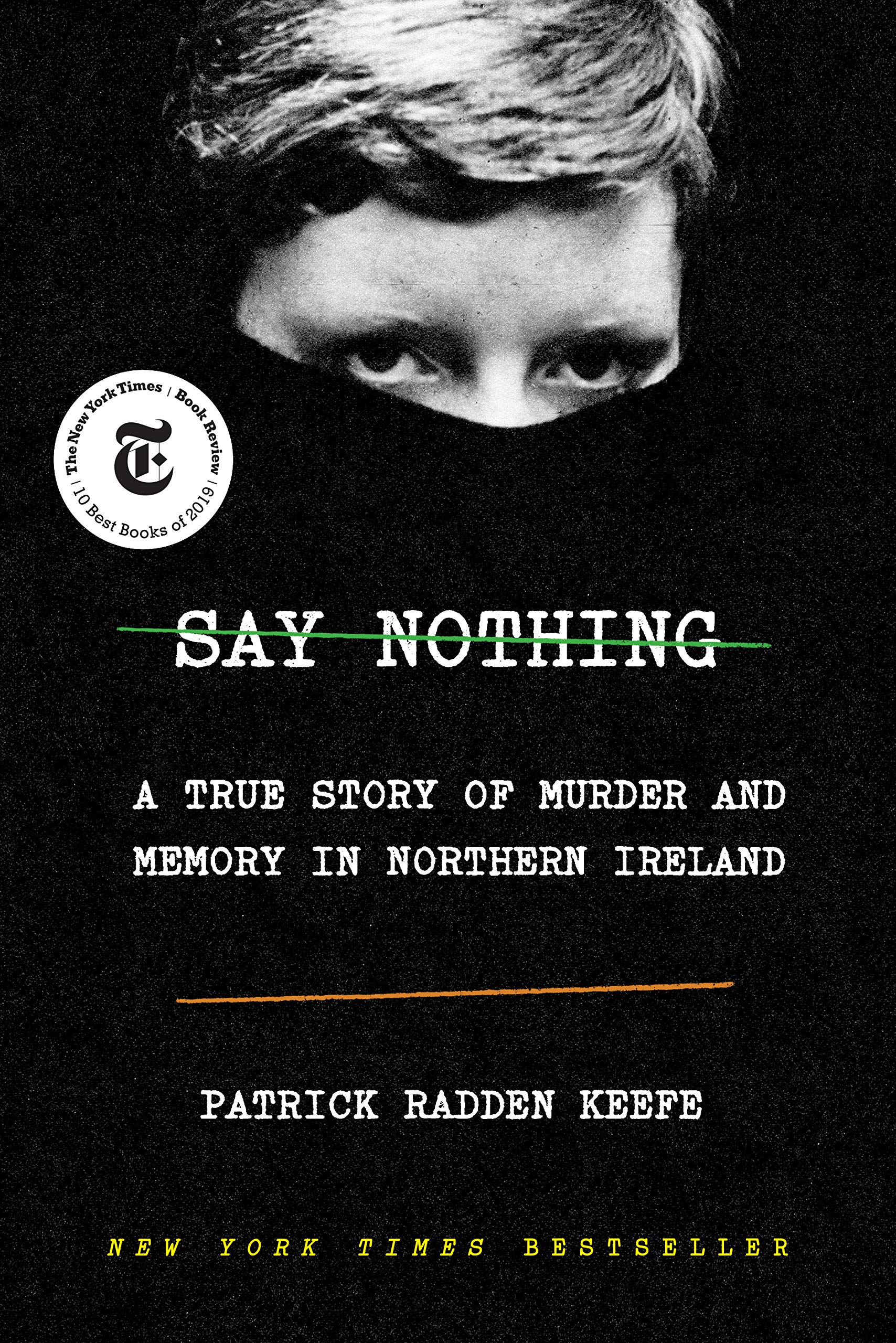
Patrick Radden Keefe's "true crime masterpiece" is "a perfect example of how to take a brutal crime and use it to tell, in page after gripping page, a much larger history," said Time. In 1972, Irish Republican Army militants abducted and shot Jean McConville, a widowed 38-year-old mother of 10, on suspicion that she was a British informant. She likely wasn't, and her captors, who considered themselves freedom fighters, spent decades haunted by their actions, especially because the bloodshed never resulted in their achieving the goal of a united Ireland. Keefe, a New Yorker writer, contends that Gerry Adams, who in 1972 was commander of the IRA's Belfast branch, ordered McConville's murder, said Jonathan Stevenson at Foreign Affairs. When Adams restyled himself in the 1980s as a peace-brokering politician and denied having been an IRA member, his former foot soldiers felt doubly betrayed. Regardless of which of them fired the fatal shot — and Keefe offers a plausible theory — the true significance of McConville's death "lies in what it reveals: that political violence disfigures society as a whole, whether with guilt or with grief, even decades after the fighting has stopped."
2. The Yellow House by Sarah M. Broom (Grove, $26)
The Week
Escape your echo chamber. Get the facts behind the news, plus analysis from multiple perspectives.

Sign up for The Week's Free Newsletters
From our morning news briefing to a weekly Good News Newsletter, get the best of The Week delivered directly to your inbox.
From our morning news briefing to a weekly Good News Newsletter, get the best of The Week delivered directly to your inbox.
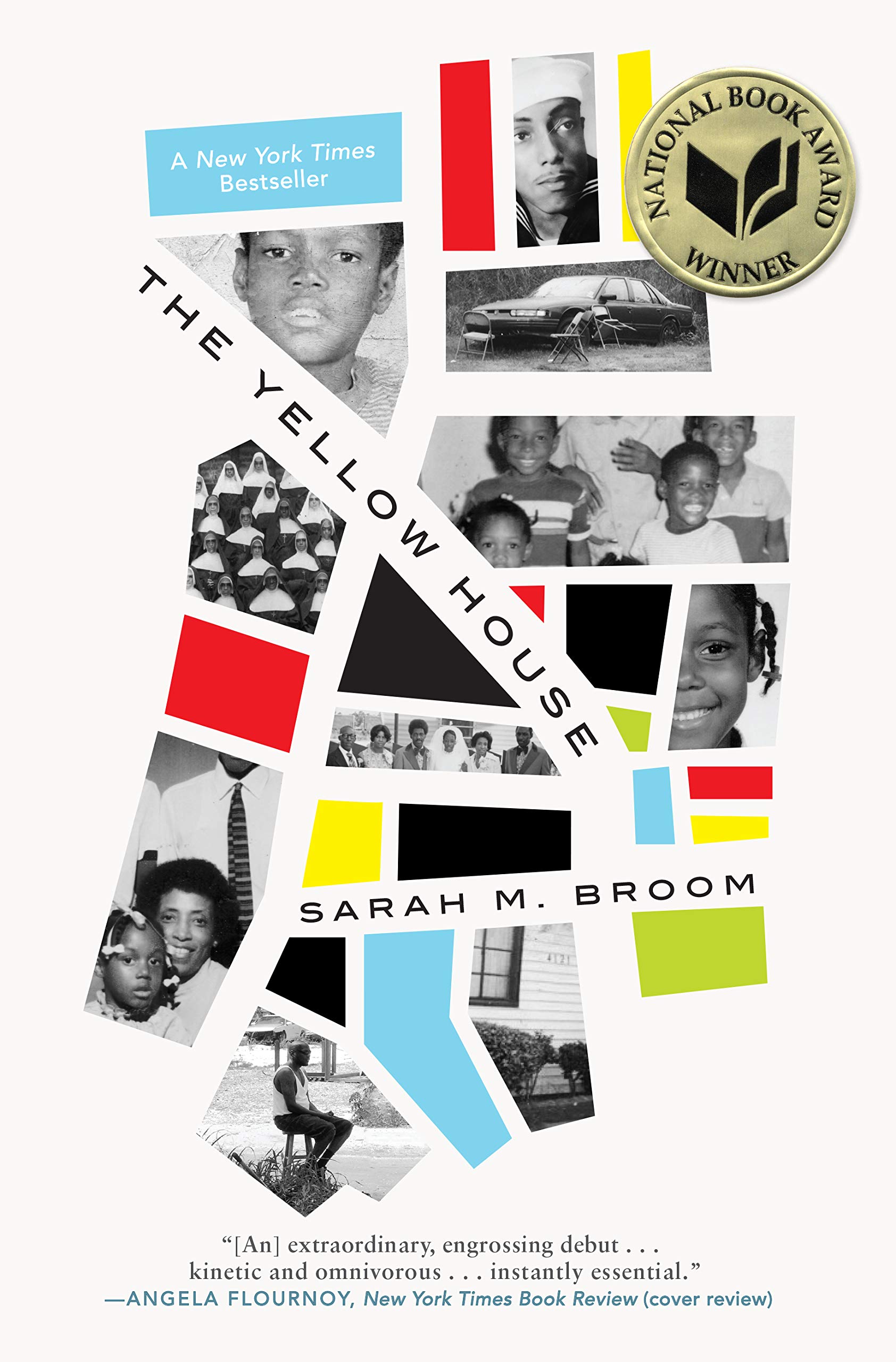
Sarah Broom has written more than a tribute to family and home, said Danielle Jackson at Bookforum. The author's memoir about her New Orleans childhood abode, which was destroyed by Hurricane Katrina, is also "a masterwork of art and journalism," a deserving National Book Award winner concerned with "grave mistakes of the 20th century, washed ashore in the 21st." Broom's mother was a pregnant 19-year-old widow in 1961 when she bought the titular home, a new shotgun-style house in a neighborhood built on swampland. But the city and the country had made promises it did not keep, and after years of prideful struggle for the family, Hurricane Katrina turned hard times into lasting catastrophe, said Angela Flournoy at The New York Times. Broom's mother, siblings, and other relatives were forced to scatter, and though her book cannot resurrect the house or reunite the family, it is "an instantly essential text," an engrossing story of family love and "a full indictment of the greed, indifference, and poor city planning that led her family's home to be wiped off the map." Satisfyingly, it's also an examination of the possible future of the city of New Orleans, "and of America writ large."
3. In the Dream House by Carmen Maria Machado (Graywolf, $26)
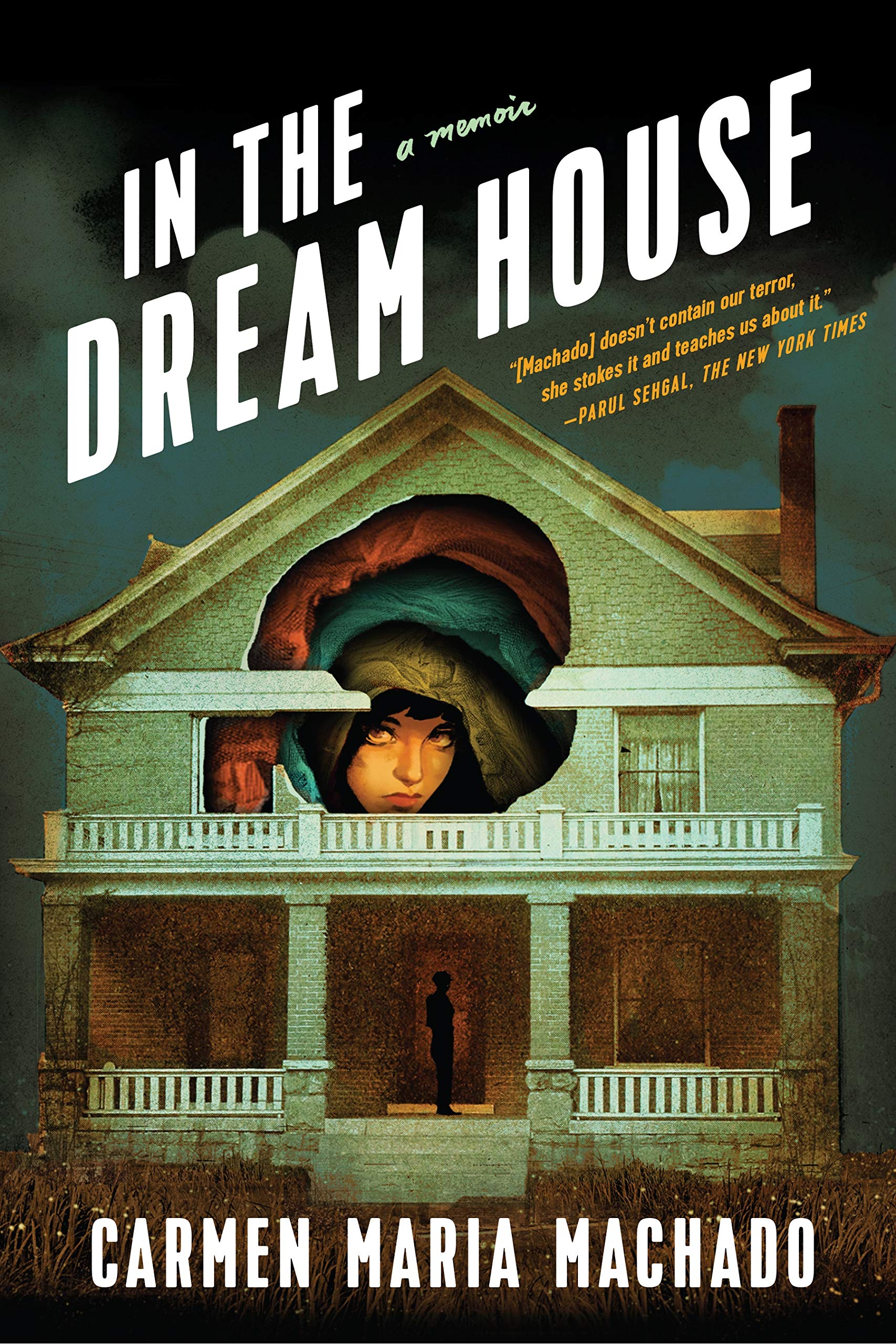
"Desire enslaves even the brilliant," said Kristen Millares Young at The Washington Post. Consider author Carmen Maria Machado, whose formally inventive memoir revisits a year in her life when her partner in a seemingly idyllic same-sex relationship turned abusive and Machado struggled to realize that escape was necessary. Because Machado was living a story unlike any she had heard before, she slips in and out of various genre modes as she shares her tale, stringing together brief passages that separately evoke fairy tales, say, or horror or noir. That may sound complicated, but In the Dream House is also "a page-turner of psychological suspense." Its structure, in many ways, echoes that of Machado's "much celebrated" debut, Her Body and Other Parties, said Constance Grady at Vox. That story collection skipped between genres "but revolved around a single theme: women, their bodies, and other parties who believe themselves entitled to those bodies." This book is darker, but it might also be more generous, especially to readers who might find themselves inside a similar nightmare. It speaks with searing honesty "so that they don't have to make up their own language to make sense of what's happening to them."
4. Know My Name by Chanel Miller (Viking, $28)
A free daily email with the biggest news stories of the day – and the best features from TheWeek.com
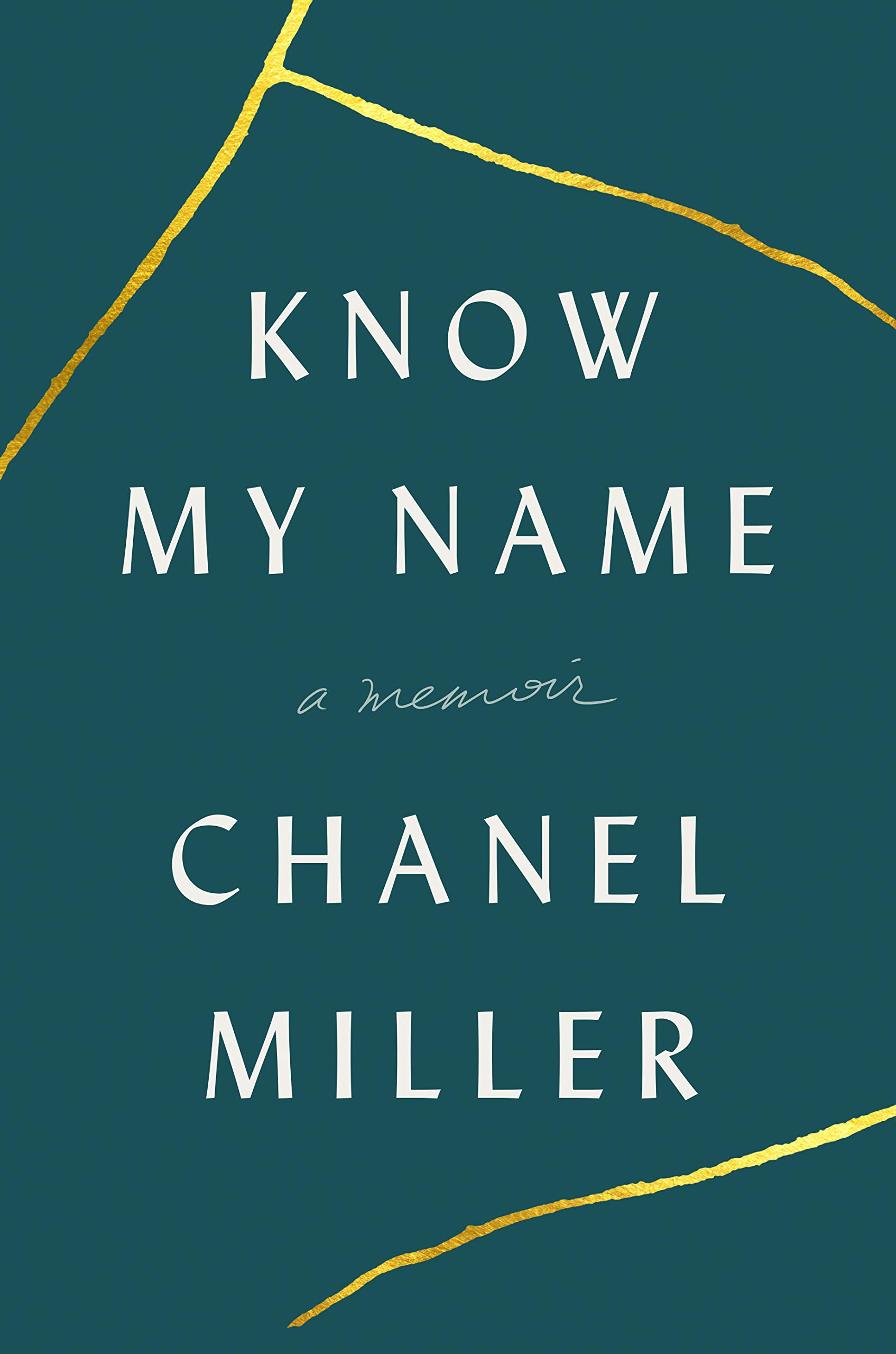
"When I picked up Chanel Miller's memoir, I didn't expect to feel anything new," said Anna Silman at NYMag. Miller is the young woman, formerly anonymous, who in 2015 was raped outside a Stanford University frat party by a star freshman swimmer. But while women are increasingly sharing stories of sexual violence, Know My Name is "one of the most moving depictions of sexual assault I have ever read." Miller's account is difficult to read — "in part because it is beautiful to read," said Megan Garber at The Atlantic. "It forces readers not only to look and listen but also to really see" — see her as an unconscious 22-year-old being assaulted next to a dumpster and also see her in the aftermath, living day to day with trauma and the wrenching demands of the justice system. With blistering insight, she has transformed that trauma into art. It is art, sadly, that "shouldn't have to exist at all."
5. Underland by Robert Macfarlane (Norton, $28)
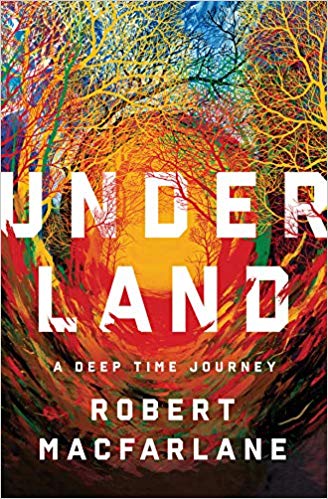
"There's no terra as incognita as the terra beneath our feet," said Peter Fish at the San Francisco Chronicle. In this singular travelogue, British writer Robert Macfarlane wanders the world visiting caves, underground labs, and various other subterranean sites to explore that little-seen world, and because he's a "tart, luminous" writer, his observations "throw off sparks." Underland's true subject is civilization, said Marcia Bjornerud at The Wall Street Journal. On his visit to a nuclear waste repository in Finland, he is surprised to discover that the facility's sad task nourishes sober, collective effort of a type that's rare for humans. He gives women too little mind. Still, "I was bewitched by Macfarlane's incantatory tales." He is a philosopher, a historian, a scientist, a lecturer, and "above all, a poet."
How the books were chosen
Our top-5 lists were created by tallying and weighting the rankings of 23 other sources, including AVClub.com, the Chicago Tribune, The Economist, Entertainment Weekly, GQ, the Milwaukee Journal Sentinel, the Minneapolis Star Tribune, The New Yorker, The New York Times, NPR, O magazine, People, Publishers Weekly, Slate.com, the St. Louis Post-Dispatch, Time, USA Today, Vogue, Vox.com, The Wall Street Journal, and The Washington Post.
-
 The week’s best photos
The week’s best photosIn Pictures An explosive meal, a carnival of joy, and more
-
 The ‘ravenous’ demand for Cornish minerals
The ‘ravenous’ demand for Cornish mineralsUnder the Radar Growing need for critical minerals to power tech has intensified ‘appetite’ for lithium, which could be a ‘huge boon’ for local economy
-
 Why are election experts taking Trump’s midterm threats seriously?
Why are election experts taking Trump’s midterm threats seriously?IN THE SPOTLIGHT As the president muses about polling place deployments and a centralized electoral system aimed at one-party control, lawmakers are taking this administration at its word